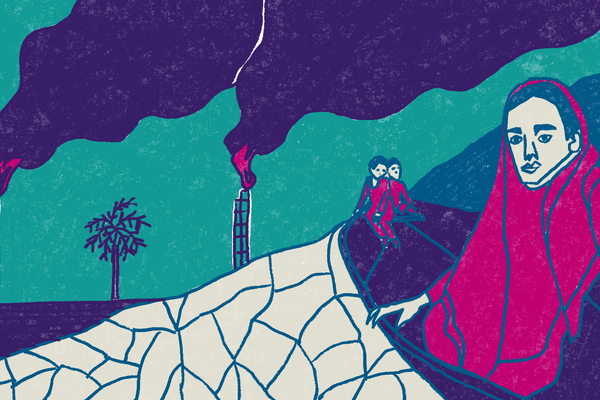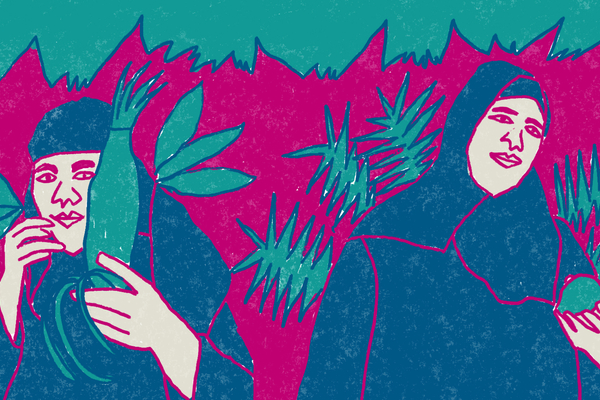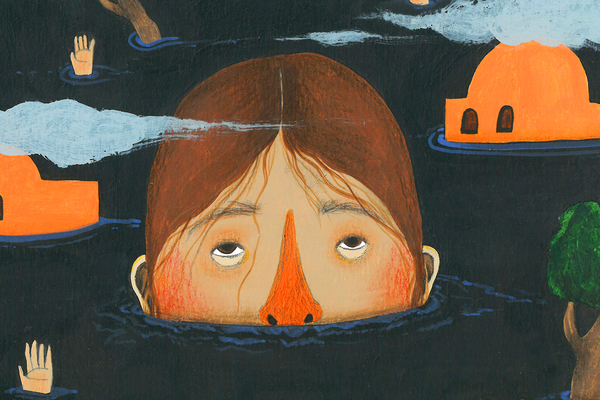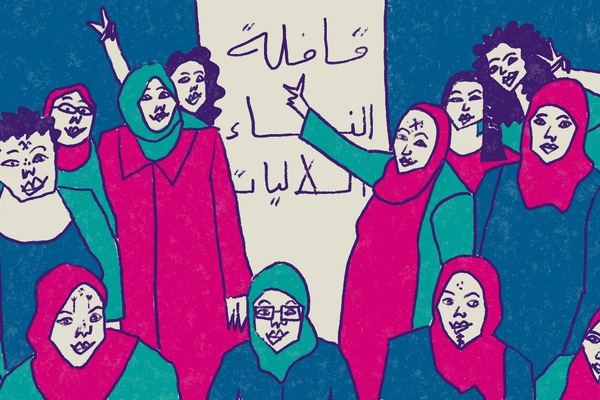
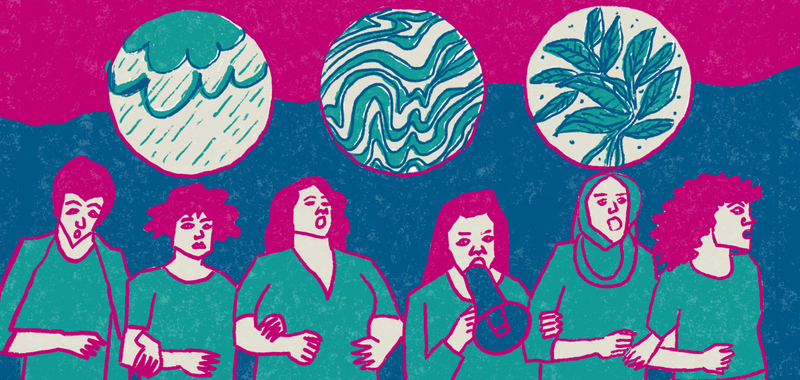
Climate change is arguably the biggest challenge we are facing this century. In our region alone, climate-related issues that have emerged over the past decades include water scarcity, land degradation, weather extremes, food insecurity, and conflict. Climate change and its ensuing effects are felt differently by various people based on gender, class, race, and national origin. Similarly, coping strategies towards the climate crisis vary according to the same factors.
When we talk about change, it is impossible to overlook the role of existing systems of oppression in harming the environment, and as a result directly harming various communities at disproportionate levels. For example, women and people with non-conforming sexualities and gender identities are often impacted disproportionately by climate change compared to men. Many of the region’s government policies towards agriculture, biodiversity, and the environment in general are neither representative nor reflective of the reality on the ground. In addition, private companies continuously confiscate land for their own profit. Then there are wars, armed conflicts, and occupation, which present a unique set of struggles related to the environment, including destruction of the socio-environment, land dispossession, pollution, and resource depletion. With these climate-related realities of various and disproportionate levels of harm and inequity in mind, we decided to develop this Dossier with the aim of exploring the intersections of gender and environmental justice.
Environmental justice, as a concept, calls for the fair treatment and meaningful involvement of all people regardless of race, gender, national origin, or class with respect to the development, implementation, and enforcement of environmental laws, regulations, and policies. It also lends itself to the idea that the communities who suffer the most from the effects of climate change shouldn’t be left to shoulder the burden. It is rather the oppressive and exploitative systems (private or public) that cause direct harm to the environment, thus affecting these communities, that must be held accountable for their actions and policies. With this definition in mind, it becomes clear that feminism and its intersections with different aspects of our lives are at the core of this concept.
For many decades women have been at the forefront of the fight for water, food, jobs, and land. While some of these women may not consider themselves feminist, their determination to have the same levels of protection from environmental hazards, job equality, and equal access to resources, as well as engagement with the development of policies, laws, and regulations is at the root of their struggles.
This is one of the reasons why we feel that this Dossier comes at a critical time, as it not only fosters awareness about the different climate-related and environmental challenges faced by women and people with non-conforming sexualities and gender identities, but also amplifies the voices of those most harmed by climate change with the aim of creating further engagement on the topic.
Building on previous relevant knowledge in Arabic, our Dossier explores different implications of climate and environmental change in various countries in the Arabic-speaking region. We begin with a video that offers an introduction to environmental justice with examples of ecofeminism in the region. Next, we highlight how women-led collectives are fighting food insecurity in countries living in conflict in both Iraq and Palestine. In Morocco, we take a deeper look at how indigenous women are fighting for their right to their land, and how women cooperatives are adapting to climate change. In another article that includes artistic pieces, we explore how climate change affects people with non-conforming sexualities and gender identities in Morocco. In Jordan, we see how women are finding new ways to combat climate change knowing fully well that without sustainable farming they will lose their livelihoods. An article from Egypt gives us a glimpse of how women are paving the way for Environmental Justice. In Lebanon, we deconstruct the country’s environmental movement particularly from 2015 and analyze it from an eco-feminist lens. Last but not least, we follow the journey of a Syrian woman, as she reflects on climate change in her home country from her diaspora residence.
We hope this Dossier offers you new insights into the lives and struggles of different groups and communities in our region. Since the effects of climate change and the fight for equality and justice are ongoing, and as long as systems of oppression persist, we see this Dossier as a continuous conversation. So we invite you, our readers, to submit your own reflections and experiences on these topics so that we can work together on expanding the body of knowledge on these issues.
For information about how to submit a pitch, please check our contribution policy.
_____________________
Note: Some content pieces in this Dossier were produced in cooperation with the Heinrich Boell Foundation in Morocco and Lebanon.

